China has expressed regret over the International Atomic Energy Agency's endorsement of Japan's discharge of nuclear-contaminated water from its Fukushima Daiichi Nuclear Power Station.
Deng Ge, secretary general of the China Atomic Energy Authority, said on Tuesday evening despite the IAEA inviting experts from multiple countries to take part in the review, the agency's final report does not fully reflect the opinions and comments of the experts, and there are "limitations and partiality" in the conclusions drawn.
Rafaeal Mariano Grossi, director-general of the International Atomic Energy Agency, released the agency's Comprehensive Report on the Safety Review of ALPS-treated Water at the Fukushima Daiichi Nuclear Power Station.
"First, Japan failed to provide the legitimacy and justification for its decision to discharge the nuclear-contaminated water into the ocean," Deng said. "Even though the IAEA recognized the ocean discharge plan is in compliance with international safety standards, it cannot prove that such an approach is the only or best option for treating the water."
Concerns remain over the long-term viability and consequences of this approach. Despite rendering approval, the IAEA's report pointed out Japan's Advanced Liquid Processing System cannot remove all the radionuclides in the nuclear-contaminated water. Data released by Japan show over 70 percent of the ALPS-treated water does not meet related standards and thus needs further treatment.
Doubts also remain over the accuracy of the data used to draft the report, as Tokyo Electric Power Company Holdings has repeatedly covered up or fabricated data in recent years. The IAEA's review and assessment were based on data and information provided unilaterally by Japan, and its inter-laboratory comparison relied on a small amount of samples collected by Japan.
"Under such circumstances, the authenticity of data and the accuracy of information need to be further verified... It is far from convincing for the international agency to say Japan's move is consistent with international safety standards," the Chinese official said.
Deng also noted that Japan failed to prove that the ocean-bound discharge of nuclear-contaminated water is safe for the marine environment and human health.
China has thus urged the IAEA to establish independent and effective long-term international monitoring arrangements with full participation of third-party laboratories from Japan's neighboring countries as soon as possible, take the views of experts from various countries into account as well as the concerns of all stakeholders. Japan should also, China believes, fully cooperate with IAEA-led long-term international monitoring.
Deng said Japan must release credible data and information in a timely and transparent manner, and subject itself to oversight and questioning. Until the long-term international monitoring arrangements are established, Japan must not start the ocean discharge process, he added, concluding that whenever abnormal data emerges or the control system fails, the discharge must be suspended immediately.








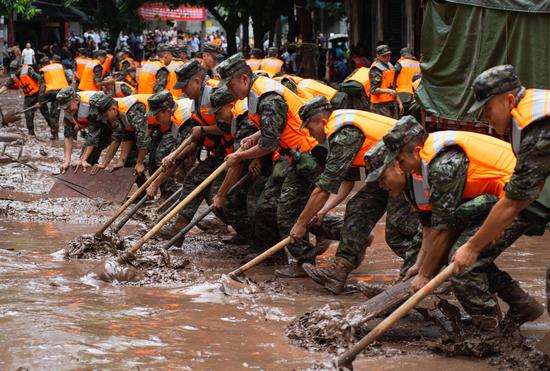
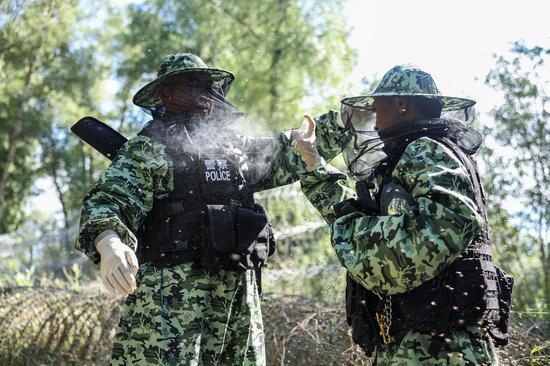


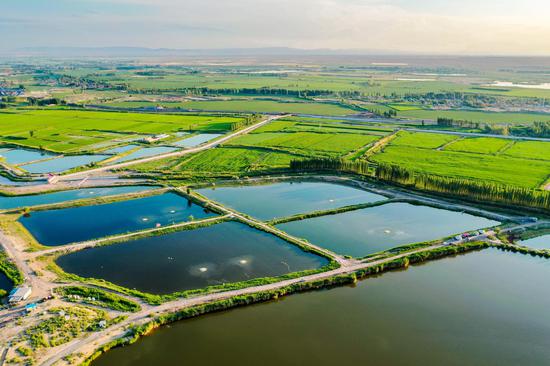

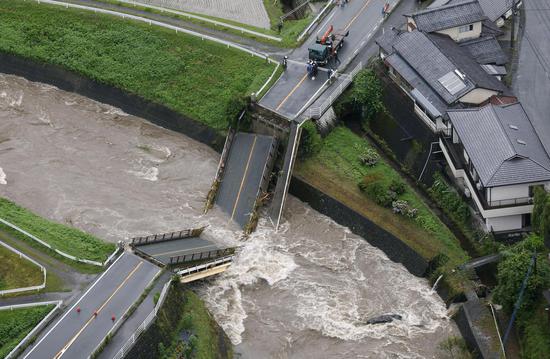
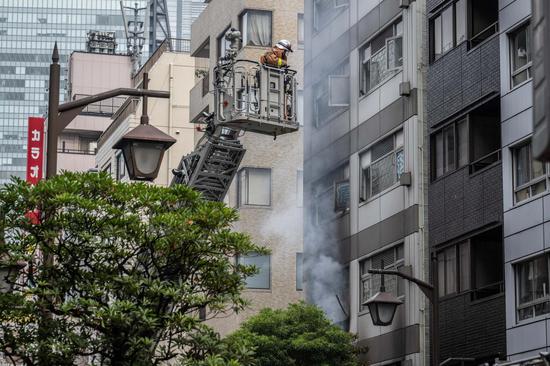
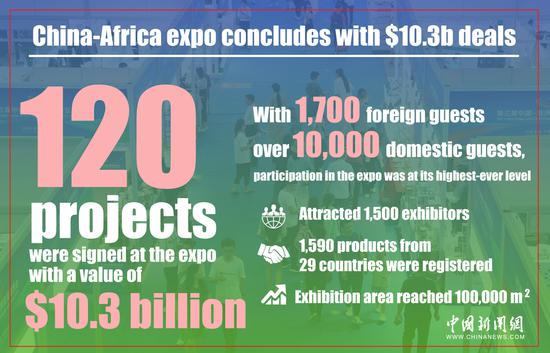

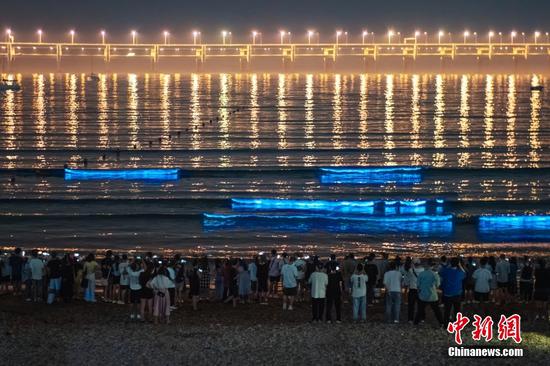



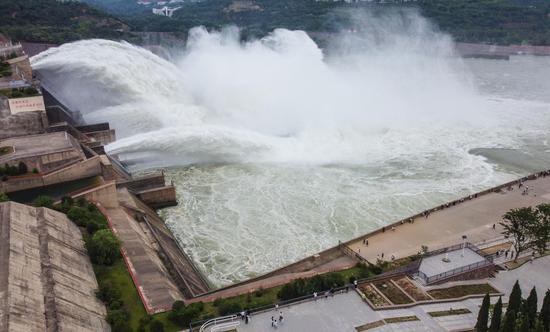



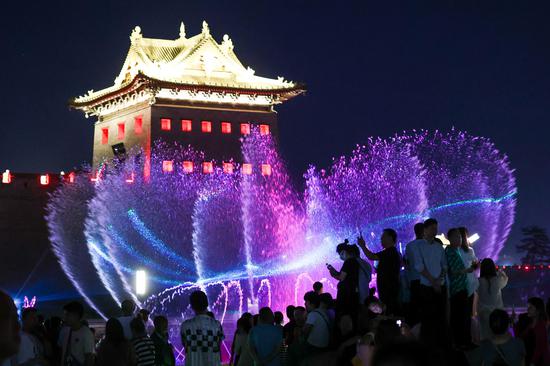
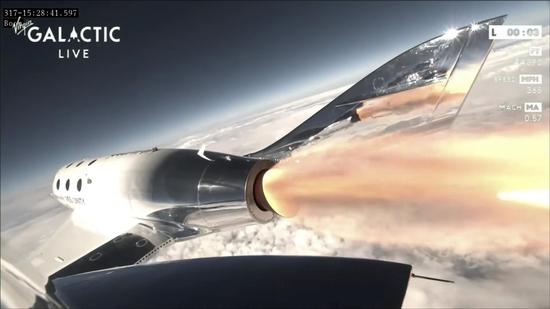
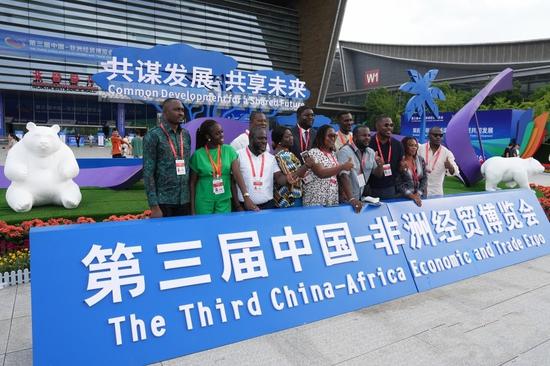



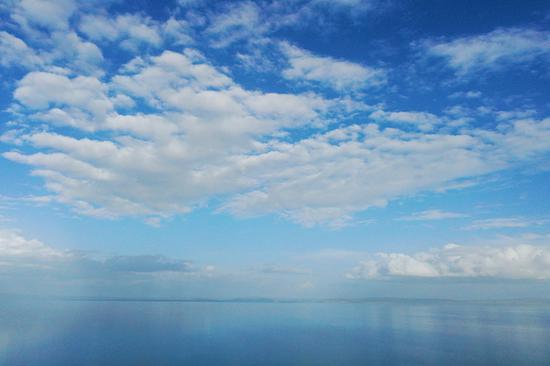
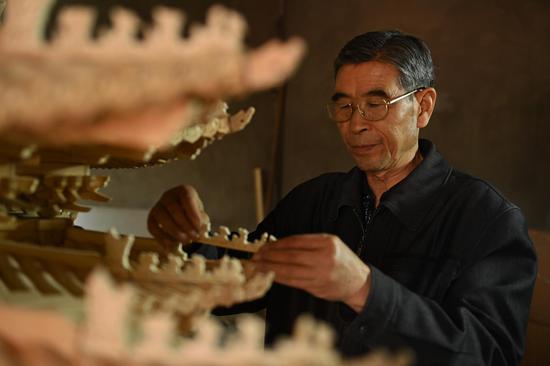

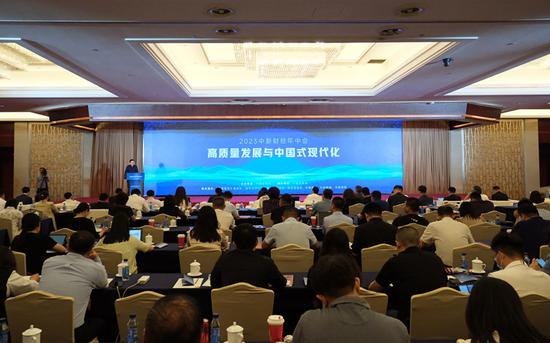
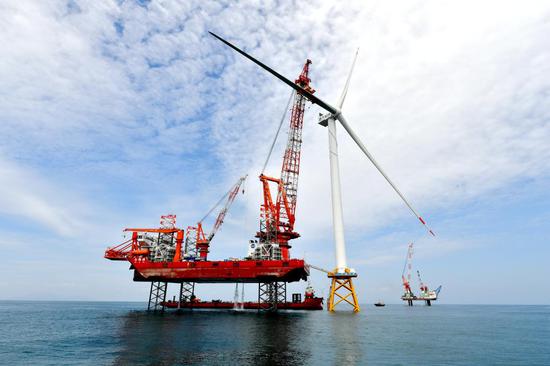

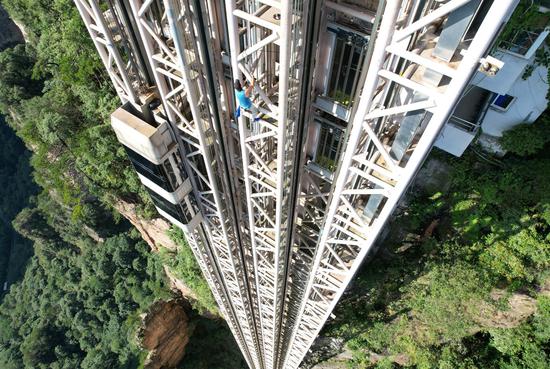
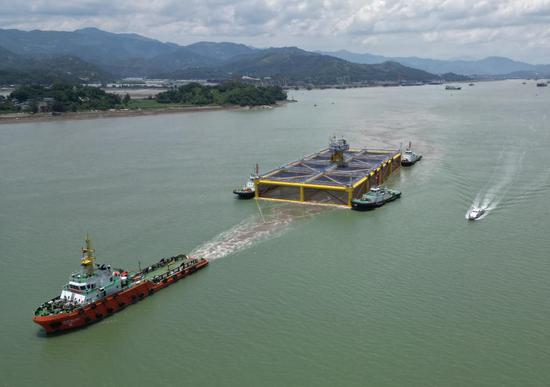


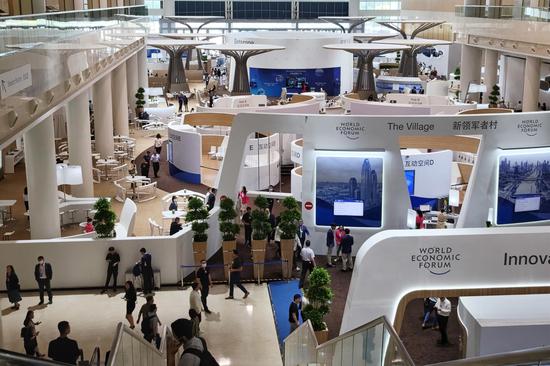

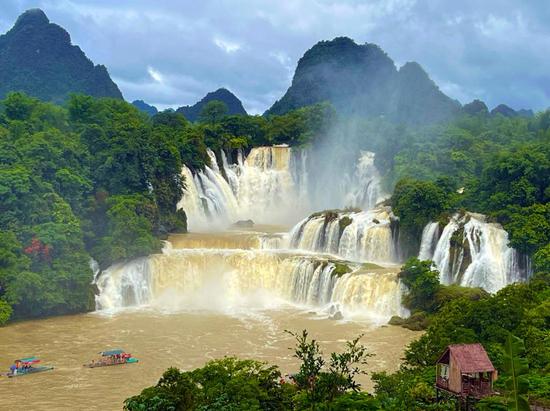





 京公网安备 11010202009201号
京公网安备 11010202009201号